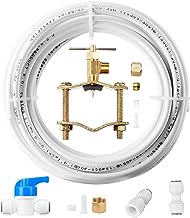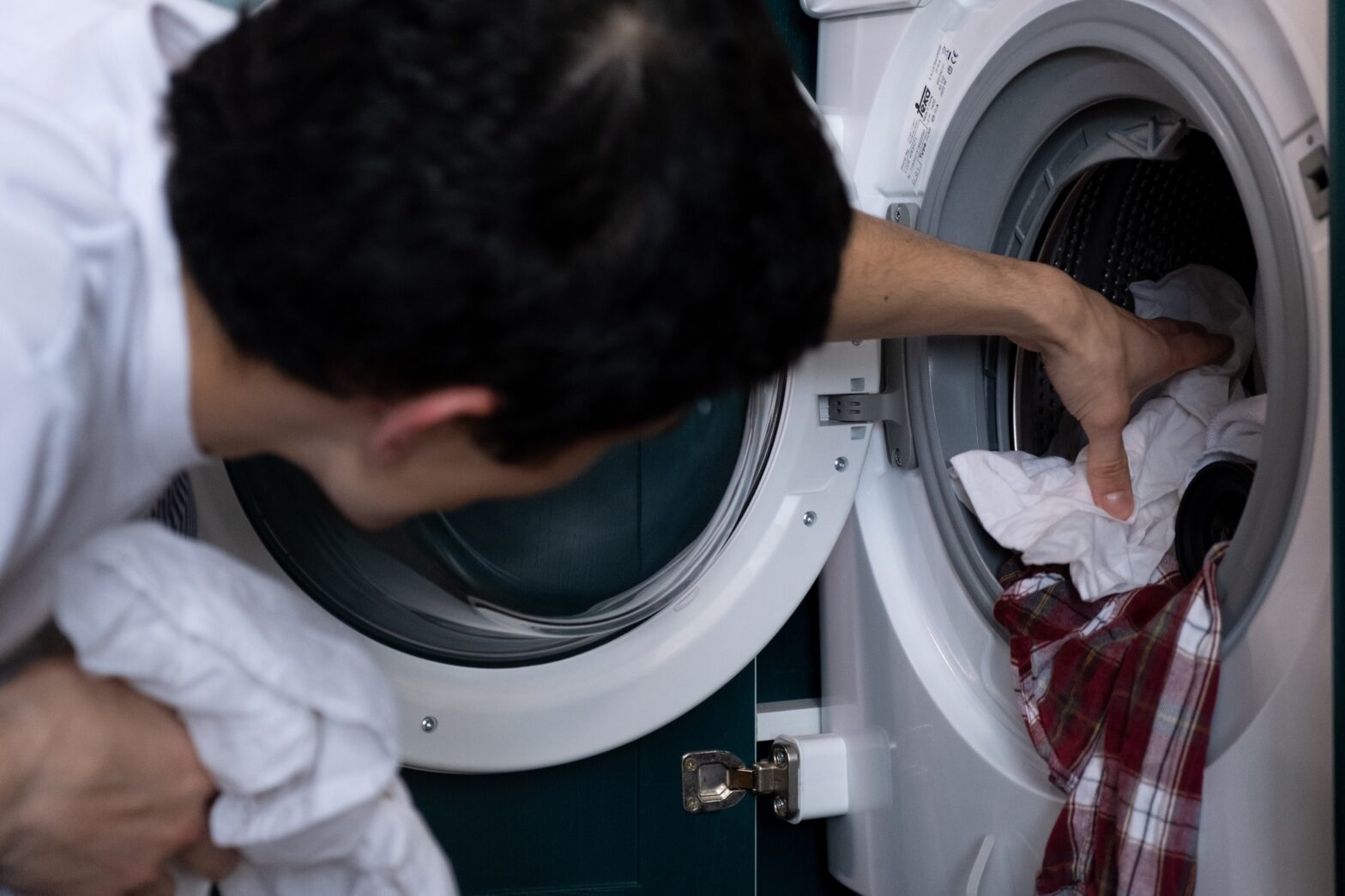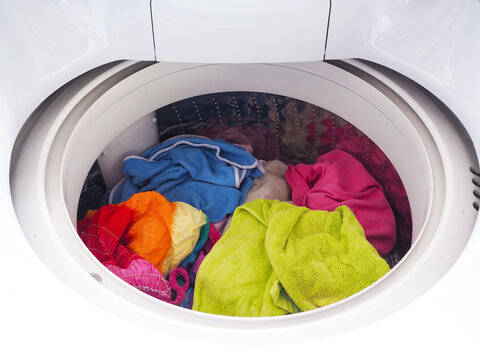How to keep you dishwasher working like brand new
To keep your dishwasher cleaning your dishes effectively, like it did when it was brand new, you'll need to perform regular maintenance and follow some best practices.
Here's a step-by-step guide:
- Scrape and Rinse Dishes: Before loading your dishes into the dishwasher, scrape off excess food particles and rinse them lightly. This prevents large food debris from clogging the filters and spray arms.
- Clean Filters and Spray Arms:
- Filters: Most dishwashers have filters that trap food particles. Check your dishwasher's manual for instructions on how to remove and clean these filters. Clean them regularly, at least once a month, or as recommended by the manufacturer.
- Spray Arms: Inspect the spray arms for clogs. Remove any debris that might be blocking the spray nozzles.
- Use Quality Detergent:
- Use a good quality dishwasher detergent that is suitable for your water hardness. If you have hard water, consider using a detergent with a water softener additive.
- Loading the Dishwasher Properly:
- Arrange dishes so that they do not block the spray arms or prevent water from reaching all areas. Refer to your dishwasher's manual for loading instructions.
- Avoid overloading the dishwasher, as this can reduce water circulation and cleaning efficiency.
- Use Rinse Aid: Fill the rinse aid dispenser in your dishwasher. Rinse aid helps in improving drying performance and preventing water spots on glassware.
- Choose the Right Cycle: Select the appropriate wash cycle for the level of soiling on your dishes. For heavily soiled items, use a longer and more intense cycle.
- Maintain Water Temperature:
- Ensure that your dishwasher is connected to a hot water supply. Most dishwashers require a minimum water temperature of 120°F (49°C) for effective cleaning.
- Run the kitchen faucet until the water is hot before starting the dishwasher.
- Regular Cleaning:
- Wipe down the interior of the dishwasher, including the door gasket and the edges, with a damp cloth regularly.
- Clean the exterior of the dishwasher to prevent dust and grime from affecting its performance.
- Check for Leaks: Periodically inspect the dishwasher for any leaks. A leaking dishwasher can damage the motor and other components.
- Schedule Professional Maintenance:
- Consider having your dishwasher serviced by a professional technician every couple of years or as recommended by the manufacturer.
- Remove Hard Water Deposits:
- If you have hard water, mineral deposits can build up over time. Use a dishwasher cleaner or a mixture of vinegar and baking soda to remove these deposits. Follow the manufacturer's recommendations for cleaning.
- Replace Damaged or Worn Parts:
- If you notice any worn-out or damaged parts, such as spray arms, gaskets, or seals, replace them promptly to maintain optimal performance.
By following these steps and maintaining your dishwasher regularly, you can ensure that it continues to clean your dishes effectively, just like it did when it was new.
Cleaning your dishwasher should be done regularly to ensure it continues to function efficiently and to maintain clean and hygienic conditions for your dishes. Here's a general guideline on how often you should clean your dishwasher:
- Filters and Spray Arms: Check and clean the filters and spray arms approximately once a month. If you notice a significant buildup of debris or if your dishwasher's performance starts to decline, clean them more frequently.
- Interior Cleaning: Wipe down the interior of the dishwasher, including the door gasket and the edges, regularly, about once a week or as needed to remove any food particles or residue.
- Rinse Aid Dispenser: Refill the rinse aid dispenser as needed, typically once every few weeks, depending on your dishwasher's usage and the capacity of the dispenser.
- Hard Water Deposits: If you have hard water, you may need to address mineral deposits more frequently. Consider using a dishwasher cleaner or performing a vinegar and baking soda cleaning cycle once every 1-2 months or as needed to remove mineral buildup.
- Professional Maintenance: Schedule professional maintenance every couple of years or as recommended by the dishwasher manufacturer. A technician can perform a thorough inspection and address any issues that might affect the dishwasher's performance.
Remember that these are general guidelines, and the frequency of cleaning may vary depending on factors such as water hardness, the frequency of dishwasher use, and the types of dishes you typically wash. Regular maintenance will not only keep your dishwasher working effectively but also help prolong its lifespan.
Cleaning your dishwasher regularly is essential to maintain its performance and ensure your dishes come out clean and hygienic. Here's a simplified cleaning schedule:
- Filters and Spray Arms: Clean the dishwasher's filters and spray arms about once a month or as needed. If you notice reduced cleaning performance, do it more frequently.
- Interior: Wipe down the interior of the dishwasher, including the door gasket, door edges, and interior walls, once a week or as needed to remove any food particles or residue.
- Rinse Aid Dispenser: Check the rinse aid dispenser and refill it as needed, typically every few weeks, depending on your dishwasher's usage and the size of the dispenser.
- Hard Water Deposits: If you have hard water, you may need to address mineral deposits every 1-2 months or as needed. You can use a dishwasher cleaner or run a cleaning cycle with vinegar and baking soda.
- Professional Maintenance: Schedule professional maintenance every 1-2 years or as recommended by the dishwasher manufacturer. A technician can perform a comprehensive inspection, address any issues, and ensure the dishwasher is running efficiently.
Keep in mind that these are general guidelines, and the actual frequency of cleaning may vary based on factors like water hardness, how often you use the dishwasher, and the types of dishes you wash. Regular cleaning and maintenance will help extend your dishwasher's lifespan and ensure it continues to clean your dishes effectively.







